The step up in funding is an opportunity to take a bigger role in ESA’s projects and grow Poland’s space sector. But the industry says without a national Polish space programme it will lack a sense of direction
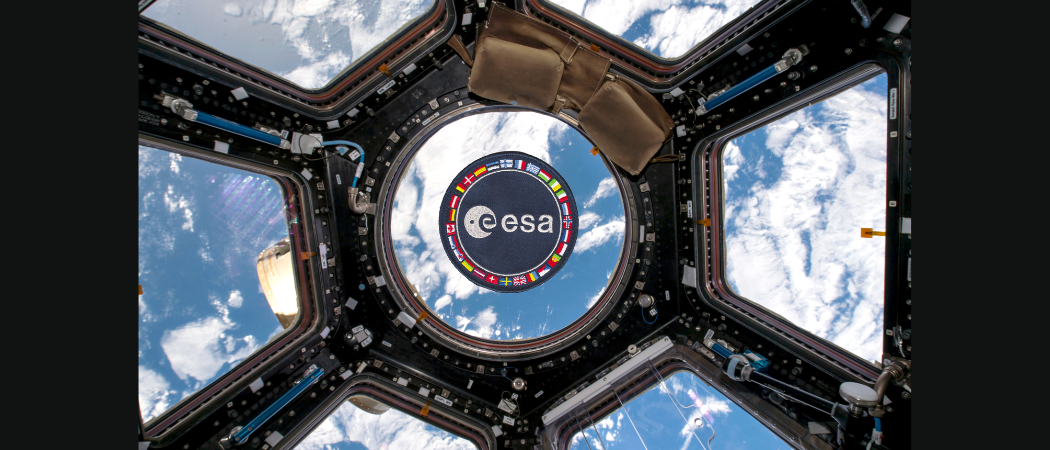
Poland is to increase its contribution to the European Space Agency. Photo: ESA
Poland is set to drastically increase its contribution to the European Space Agency (ESA) in an attempt to secure a more ambitious role in international space projects. The decision came as a pleasant surprise for the industry, but there are concerns about the absence of clear objectives and whether the higher level of funding will be maintained.
The Polish contribution to ESA for 2023-2025 was initially set at €132 million, of which €81 million is the basic subscription and €51 million was designated for participation in ESA optional programmes. Then in July, the Polish National Space Agency (POLSA) announced the contribution to optional programmes would increase to €200 million and in addition, Poland will sign bilateral agreements worth €95 million.
Oskar Karczewski, head of research and innovation at POLSA, said the experience and know-how gained over the past decade as a member of ESA is paving the way for the country to get involved in larger projects. The next big step is participation in space exploration, with Poland now positioned, “to assume a prime position in future space markets,” he said.
Industry representatives hope the increased contribution will help Poland to secure more significant and responsible roles in space sector in Europe and globally. Kinga Gruszecka, chair of the Polish Space Professionals Association said currently Polish entities often serve as subcontractors, rather than leaders of ESA projects.
Poland became a full ESA member in 2012, sparking private investment in space technology. “However, after eleven years, we are still in the process of discovering our true capabilities and strengths in the space industry,” Gruszecka said.
Lacking detail
Under its national space strategy Poland aims to take a 3% share of the European market by 2030. However, Gruszecka views the scope of the strategy as rather broad and lacking specific detail on how to achieve this objective. It is not clear as yet, how the increased budget will be allocated. “There are ongoing discussions, and the ministry is going back and forth with ESA about what can be developed with this budget,” she said.
The setting out of specific objectives, as outlined in the strategy, along with the corresponding budgets, was due to be addressed in a national Polish space programme. However, despite years of effort, the programme has not been put into action. Seweryn Ścibior, business development manager at N7 Space, a specialist provider of software for the sector, noted the programme for 2019-2021 was approved by the POLSA council, but it was never implemented due to a lack of funds.
To reach the 3% market share outlined in the strategy, Polish companies would need to secure contracts worth about €600 million per year. “From this perspective, an increased ESA contribution alone may not suffice,” Ścibior said. “We need a second source of funding, and the national space programme could be a good option,” he said.
At the same time, Ścibior says the lack of a “clear path and clear objectives in terms of technical development and capabilities”, could mean the sector does not build the capacity to fully use the funding allocated for ESA optional programmes within two or three years.
POLSA told Science|Business that the national space programme is under review and the approval process is ongoing, but did not specify when it would get off the ground
Major question
Paweł Paśko, head of mechatronics at PIAP Space, a company developing robotic systems for satellite servicing, berthing and docking, said there is “a bit of a chaos”, and a major question over the national space programme. “As an industry, we do not know whether the programme is now on hold, and the funding goes to ESA only,” he said.
On the upside Paśko noted that Poland has set an objective to launch a mission to the moon by 2030. There are some critics of this plan, but for Paśko it is a step forward. “I previously felt a lack of vision altogether,” he said.
While some voices in the industry are calling for a plan outlining what to focus on and where to invest, in Paśko’s view market demand should guide these decisions. “If there is a demand and the company can find customers for what they are doing, this is the right company to invest,” he said.
As things stand, the Polish space sector, with between 50 - 70 companies, is relatively small compared to countries like Germany and France. Western countries have more experience, and as a result are more trusted. “Unfortunately, there is no way to catch-up and gain this experience quickly. It takes time, but money can help,” Paśko said.
On the other hand, having less heritage can be seen as a strength when it comes to flexibility and adaptability. "Companies and people in Poland are aware that we have to do more and better than others because we are behind, and we need to catch up," said Paśko.
Brain circulation
For POLSA, the main barrier is that the complexity of the global space sector makes it hard to break into international supply chains, while at the same time it is difficult and expensive to stage demonstrations of new technologies in space. Karczewski hopes the increased subscription to ESA will enable more technology verification, strengthening the Polish space industry on the international stage. “New products and services resulting from these activities will likely have a global reach,” Karczewski told Science|Business.
A further challenge is attracting qualified engineers and scientists. Gruszecka said many specialists who were attracted back to Poland by the growth of its space industry are once again moving abroad. “The reason for this trend is that despite their eagerness to contribute to the development of the space sector in Poland, they have not had the chance to do so as extensively as they had hoped,” she said. “The reality has not aligned with their ambitions, leading some of them to relocate abroad, while others choose to shift industries altogether.”
Tadeusz Kocman, co-founder of the Polish Space Professionals Association and business development manager at AROBS Polska, a company that specialises in electronics and software for the space sector, is more optimistic. He made the choice to return from Germany, allowing him to play a more significant role within the company. “If I had stayed in Germany, it would have taken me 15-20 years to reach the position I currently hold in Poland,” Kocman said. He knows other professionals who chose to return and are now leading development projects. “I see it as a healthy situation: a brain exchange, rather than a brain drain,” he said.
Leadership ambitions
In line with the aspirations for a more prominent role in space sector, Jakub Ciążela, assistant professor at the Institute of Geological Sciences of the Polish Academy of Sciences, said POLSA has identified space mining as an area where Poland can build on its expertise in terrestrial mining, to establish itself as a leader.
Having realised there is no established method for prospecting for minerals on the moon, Ciążela, has designed one. “To the best of my knowledge, our instrument, Mirores is currently the only one at an advanced development stage with the capability of searching for metals ore minerals on the moon or Mars,” he said.
Ciążela began working on the project as a young scientist and now works with a team of 30 researchers. There are collaborations with scientists from abroad, but the core of the project remains Polish.
With NASA's Artemis programme due to return to the moon and start construction of a lunar base in the next two to three years, materials will be required on site. “At this stage, space mining will become important, as transporting resources from earth would be extremely expensive,” Ciążela said.
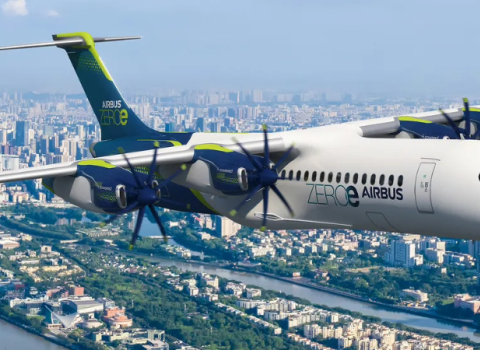
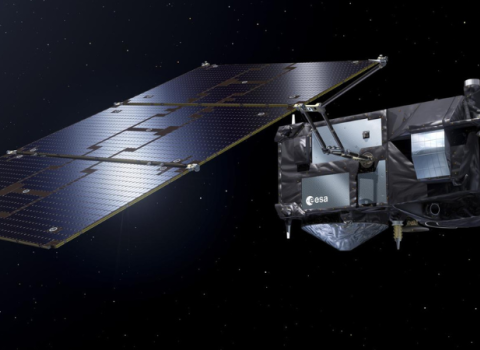
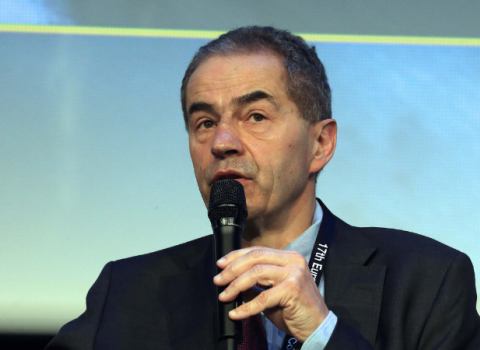
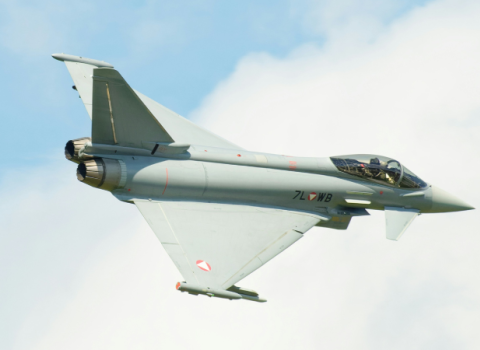

 A unique international forum for public research organisations and companies to connect their external engagement with strategic interests around their R&D system.
A unique international forum for public research organisations and companies to connect their external engagement with strategic interests around their R&D system.